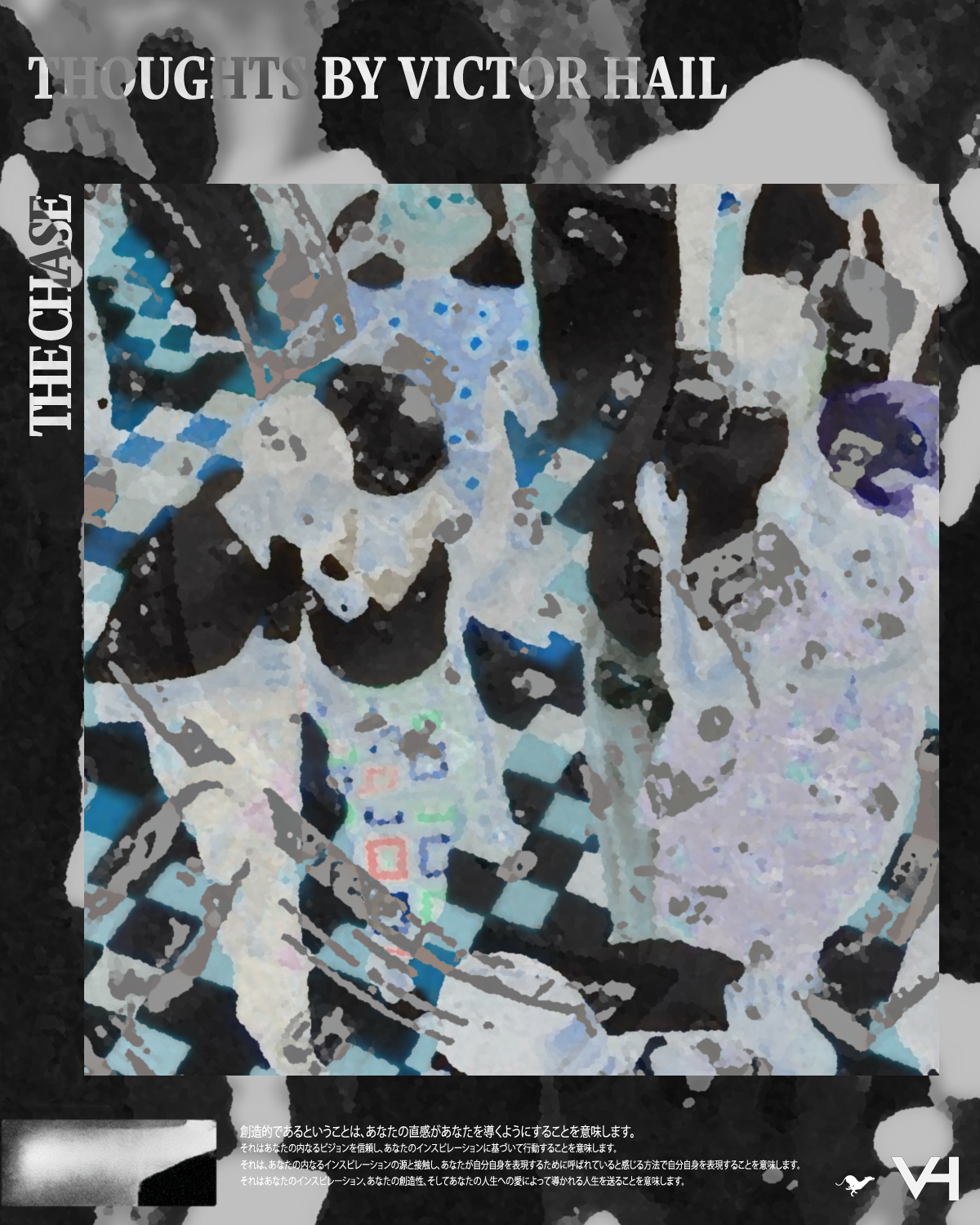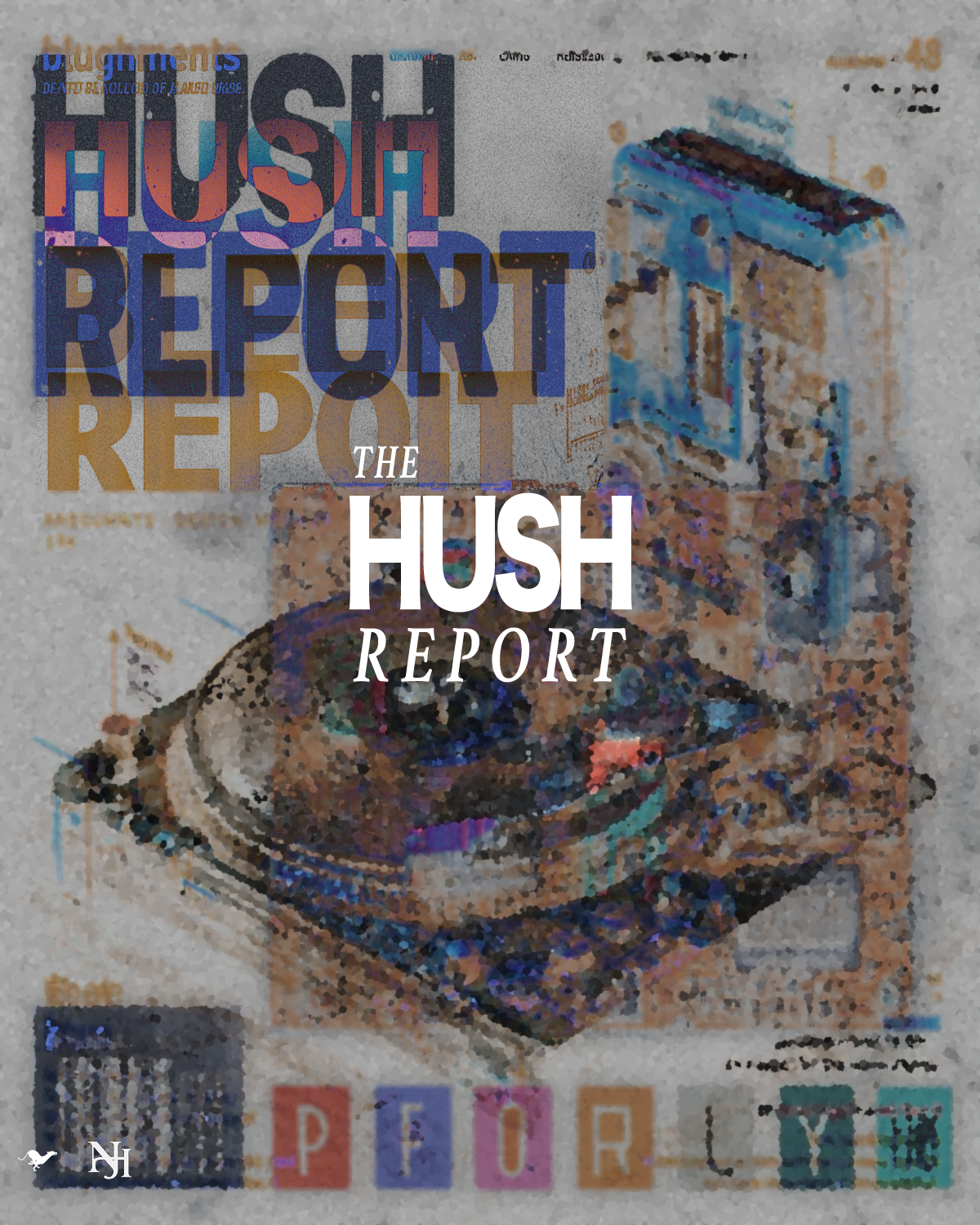
Some lessons arrive softly, like gentle reminders whispered through the seasons. Others arrive as immovable truths, carved painfully into the body through hardship and repetition. The lessons that shaped me did not ask for permission. They came early. They demanded to be lived.
I did not come from a home of financial wisdom. My mother and father parted ways while I was still young, and what followed was not the kind of life that nurtures stability. My mother walked through failed relationships, many scarred by the quiet violence of domestic abuse. My father carried his own burdens, often distant, often walking paths that mirrored hers in a different rhythm.
I saw what it meant to live inside a broken home. I witnessed what broken people look like when they try to carry their weight forward without first setting it down. It is not difficult to recognize the cracks when you live among them.
This early understanding shaped me, though it did not make me bitter. It created a distance, yes, but also a steady well of empathy. I carried a simple vow: I would first save myself so that I could one day save them. This principle is not a footnote in my life. It is a pillar. It has become a non-negotiable truth, one I return to in every chapter: you cannot save anyone if you cannot save yourself.
This is not selfishness. This is the quiet discipline of self-preservation, not for isolation but for capacity. If you do not build your own strength, you will collapse under the weight of trying to carry others. To live without this understanding is to invite slow ruin.
My mother’s journey deepened this truth. A painful divorce unraveled much of her stability, leading her into a long shadow of mental health struggles and, at times, suicide ideation. Life did not wait for me to grow up. It required that I do so immediately. I became responsible for my own survival. I paid my way through college. I labored daily to escape the quicksand of debt. I did not have a home of my own. I rotated from house to house, year after year, as both of my parents faced homelessness at different seasons.
There is no theoretical humility. There is only the real kind that comes when you are forced to call people you barely know to ask for shelter. I never forgot that. I told myself I would never again reach out to someone only when I needed something. I would tend to my relationships, not as transactions but as living, breathing spaces that deserve attention whether or not I am in need.
But life always circled me back to the same lesson: you cannot save anyone if you cannot save yourself. I had to protect my peace. I had to guard my time. I had to cultivate the discipline to say no, even to those I loved, because those closest to you can wound you the most. They can pull from you endlessly if you have not first built the strength to hold firm.
Wealth changes the landscape, but it does not soften these lessons. It complicates them. Success alters the dynamic. It invites admiration, but more often, it invites expectation. People rarely see the years of discipline. They see a door they expect you to hold open for them. They see a handout. They summon guilt as a weapon, and they ask without pause why you will not give more.
It is easy to romanticize generosity. It is harder to guard your house when the knocking never stops.
Many have never seen, nor imagined, the level of wealth you work to obtain. Some will envy it. Some will dismiss it as luck. Some, even when you offer to teach, will tell you that your success is because you are different. Perhaps I am. Perhaps I have simply chosen to build patiently where others have chosen to wait for chance.
I have never disowned my family. I have not abandoned the weight I carry for them. But I approach this weight carefully. I meet each person where they are. I offer what they can hold. I teach when they are ready to learn. I help when help will truly build.
I have saved not for my comfort alone, but because I understood I would one day need to carry my mother, my father, and those closest to me. Yet I do so with wisdom. I save with boundaries. I give with discipline. I preserve my strength so that I may stand when they need me, not collapse from having poured out too soon.
These lessons are mine. They are not universal. Not every family must navigate this path. But for those who do, the knowledge is both a gift and a burden. It is a responsibility that cannot be taken lightly.
The man who spends recklessly to please others will eventually find himself empty. The man who builds carefully can sustain his house, protect his peace, and still offer his hand when the time is right.
I have chosen to carry these lessons. And I carry them with care.









